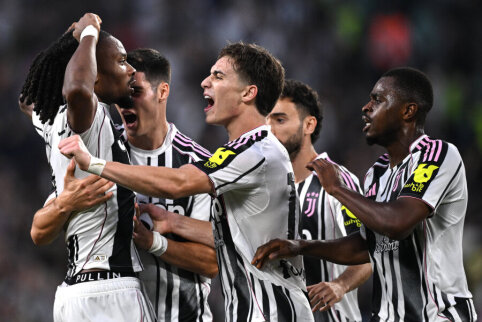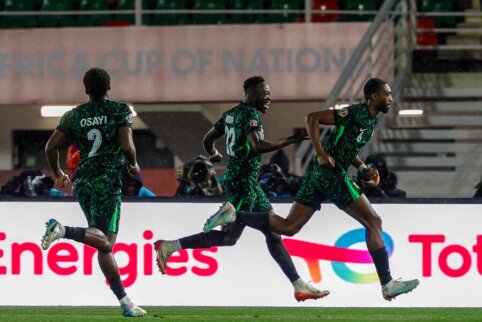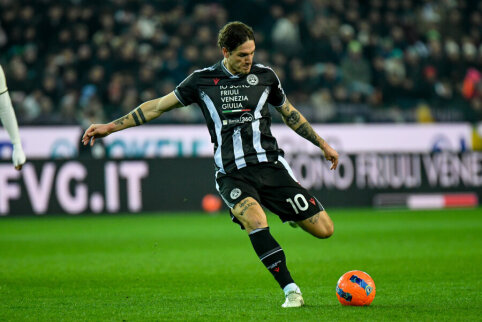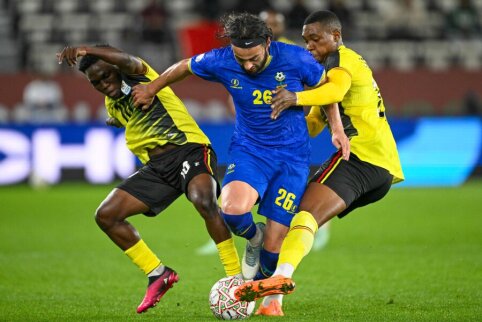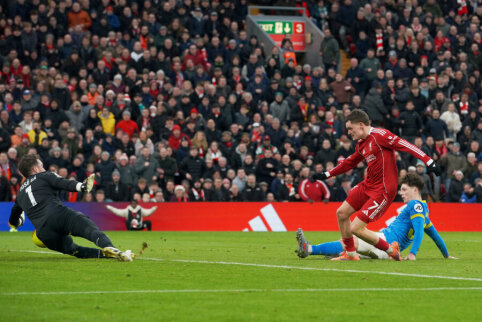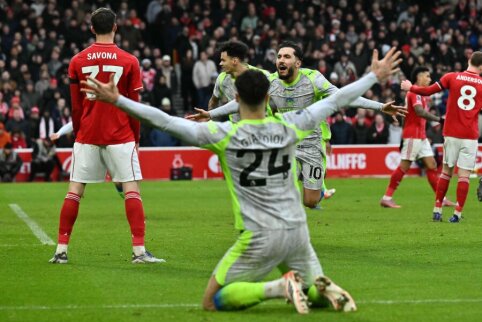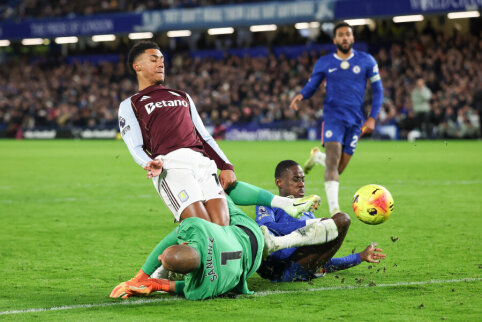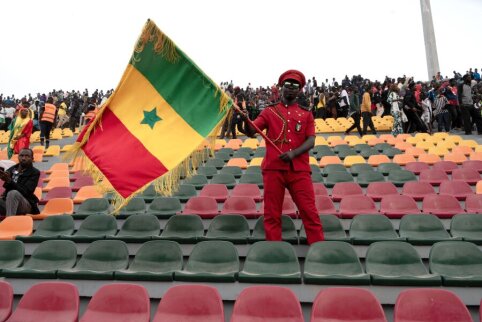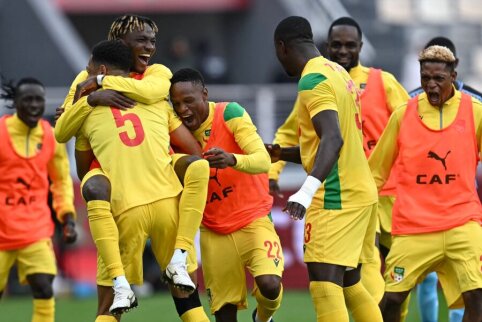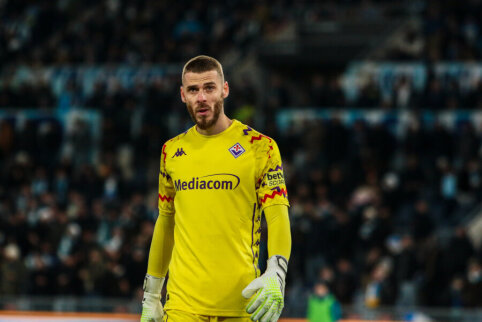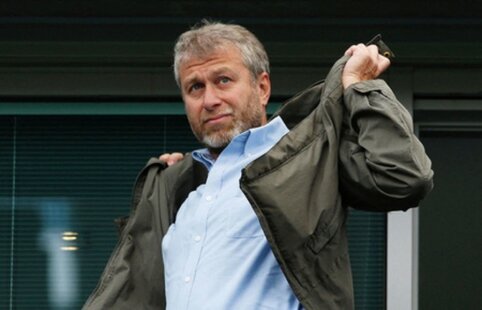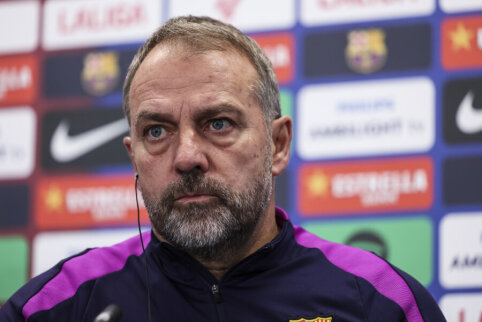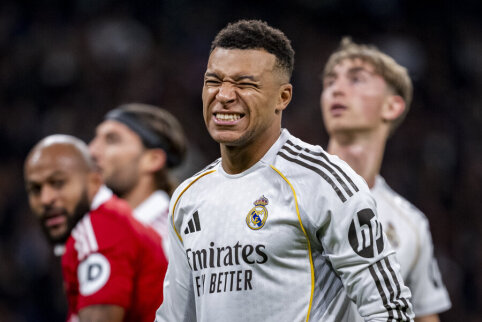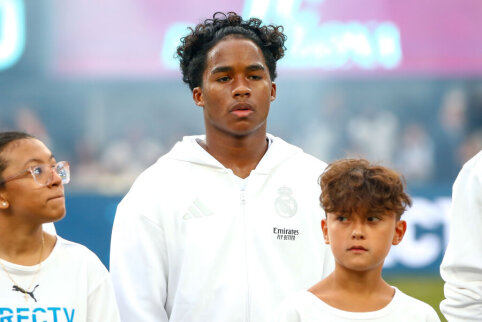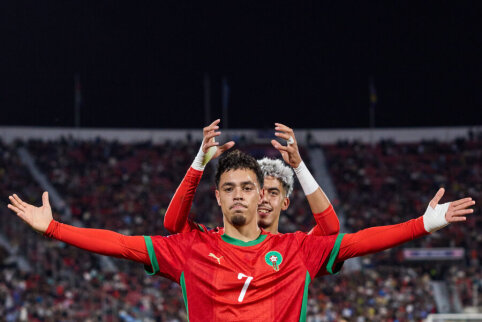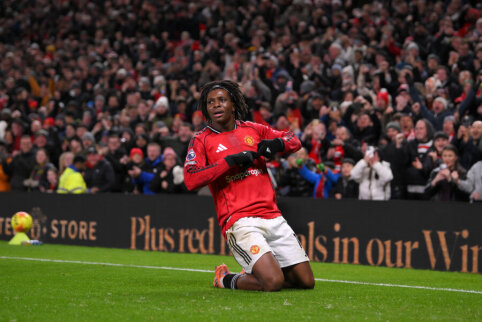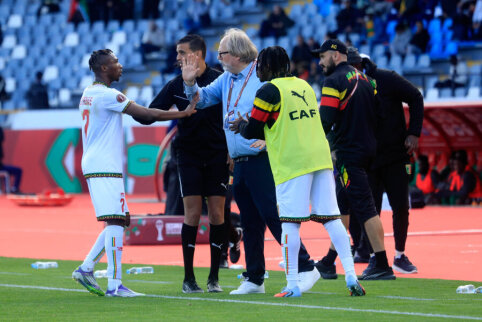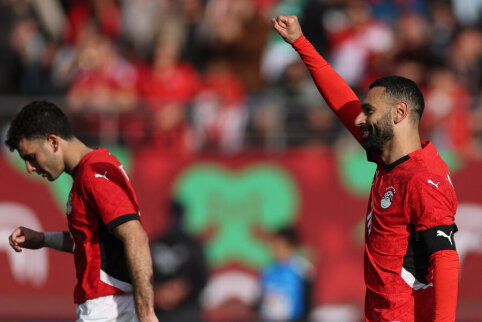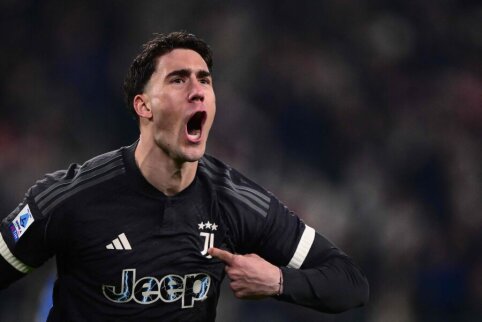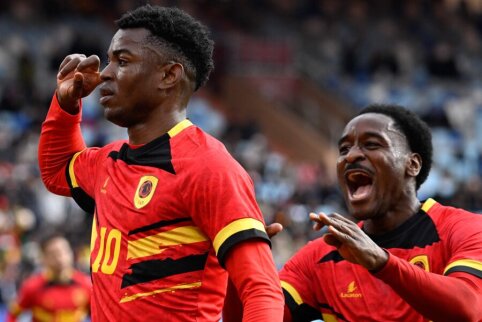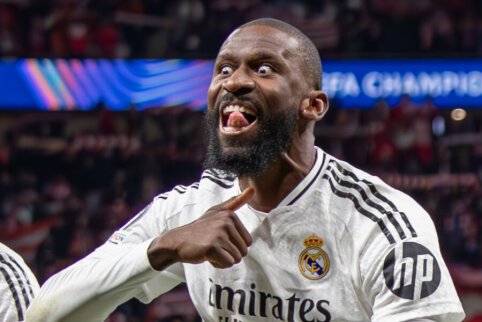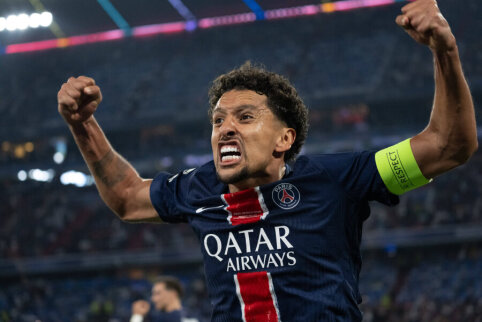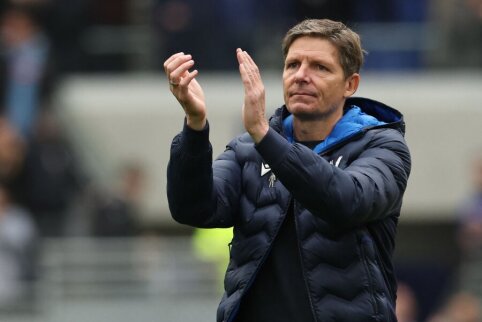 © EuroFootball.com
© EuroFootball.com
At the European football championships, not just one bright star shone. Some stars shone for a long time, while others sparkled and faded. Therefore, selecting the top 10 stars of the Old Continent's championships is certainly not easy. However, the Goal.com website reviewers made an effort. The list is subjective and questionable, but worth getting acquainted with.
10. Xavi - master of passes
This is one of the best playmakers ever. Xavi's first appearance in the European championship was a complete failure, but the second time turned into a triumph. In the 2004 European championship, Xavi was not given a chance to appear on the field, and the Spaniards withdrew from the competition after the group stage. However, in Austria and Switzerland four years later, Xavi was already a true star.
The Catalan played excellently throughout the championship, but showed his best form when it was most needed. He scored the first team goal in the semi-finals against Russia, and made a great pass to Fernando Torres in the final. If this championship is successful for Xavi, he will be higher on the list before the 2016 competition.
9. Peter Schmeichel - the great Dane
He was an excellent goalkeeper, able to strike fear not only to his own team's defenders but also to opponents facing him one-on-one. P. Schmeichel was undoubtedly the best goalkeeper of his generation. The Dane played in four European championships, but is best remembered for his excellent performance in 1992, when Denmark became the champion of the Old Continent.
In the penalty shootout in the semifinals, Peter saved Marco van Basten's shot. He also played impressively in the final against Germany.
8. Paolo Maldini - longevity and class
P. Maldini is the best left-back defender of all time. He is an excellent example of consistency, as he was selected in the best players of the tournament eleven in three European championships. The defender entered the European scene in the 1988 championship held in Germany. There he shut down the best Spanish player Michel.
The 1996 European championship was unsuccessful for the Italians, as they did not even reach the top eight. However, in the next championships, P. Maldini, along with Fabio Cannavaro, Alessandro Nesta, and goalkeeper Francesco Toldo, formed an almost impenetrable defensive line. The goal was close in the final, but everything was disrupted by Sylvain Wiltord's equalizing goal. In extra time, the French managed to score the golden goal, so P. Maldini remained without the title.
7. Dino Zoff - a true guard
Although the Dane P. Schmeichel is one of the best goalkeepers of all time, he is not the highest-ranked goalkeeper on the list. This honor goes to the Italian D. Zoff. The former "Juventus" player became most famous when, at the age of forty, he led the Italians to the highest pinnacle of the world championship glory. He also played excellently in the European championships, conceding two goals in seven games. It should be noted that three matches required extra time.
Zoff made his international debut in 1968 when Italy fought against the Bulgarians. That year, the Italians became champions of the continent, and D. Zoff contributed with outstanding play. However, in the semifinal against the Soviet Union, the winner was only determined by drawing lots, and in the final, a repeat match with Yugoslavia was needed.
6. Gunter Netzer - guard
When we talk about the best safeties of all time, G. Netzer's name is often criminally overlooked. It should be remembered that no other player managed to humiliate the English at their own "Wembley" stadium as much as this Borussia Moenchengladbach safety did in the quarterfinals of the European championship. Netzer fantastically directed the team's game and, by converting a penalty at the end of the match, led the Germans to victory 3:1.
Gunther maintained excellent form in the semifinals and finals as well. In the fight in Brussels for a place in the final against the Soviets, the wonderful play of G. Netzer led to a 3:0 defeat. However, in other championships, Gunter no longer shone. He found himself in the shadow of the great Wolfgang Overath.
5. Dragan Dzajic - the magical Yugoslav
Some consider this Yugoslav the best left-back safety of all time. It is undisputed that Dragan was the best player of the 1968 championship. In the semifinals, held in Florence, the Crvena Zvezda safety hit a precise shot three minutes before the end of the match, knocking out the world champions England.
In the final, the Yugoslavs faced the hosts, Italy. D. Dzajic also stood out in these matches, and it seemed that this would also be a victorious strike. However, Angelo Domenghini leveled the score at the end of the match, so the second match was played, in which the hosts proved their superiority.
With excellent dribbling skills, D. Dzajic tried again to win the coveted title after eight years. Then, in the semifinals, Yugoslavia led 2:0 against West Germany after the first half. D. Dzajic scored the second goal. However, the Germans managed to force extra time in the second half and triumphed 4:2. D. Dzajic was left without a gold medal, which he undoubtedly deserved with his talent.
4. Zinedine Zidane - golden goals
Z. Zidane became famous at Bordeaux. In the 1996 championship, which was Zinedine's first, he was expected to have a great performance, but the Frenchman, who moved to Juventus, did not live up to expectations. France withdrew from the tournament after the quarterfinals. Zinedine's moment of triumph came in 2000 when the French, adding the main trophy of the European championship to the World Champions title they had won a couple of years earlier.
In the group stage, the Frenchman dazzled everyone with his legendary "Marseillaise feint." In the quarterfinals, he eliminated the Spaniards with a precise penalty shot, and in the semifinals, Zinedine's golden goal led to the elimination of Portugal from further competition.
In 2004, Zinedine also showed several impressive moments, but the French team was not united and failed to fight for the title.
3. Franz Beckenbauer - Kaiser
The West German team, which triumphed in the 1972 championship held in Belgium, is considered one of the best European teams of all time. The team's leader at that time was the 26-year-old F. Beckenbauer. It was Kaizer who led that team, which humiliated the Soviets 3:0 in the championship final.
In the next championship, F. Beckenbauer had to settle for second place. The Germans miraculously survived the semifinal against the Yugoslavs and almost took the trophy in the final against Czechoslovakia. However, almost doesn't count in football.
2. Marco van Basten
The symbol of the legendary 1988 Rinus Michels team was undoubtedly M. van Basten. He became the most productive player of the tournament with five accurate shots.
His three goals eliminated the English from the competition after the group stage. A precise penalty shot in the 88th minute sent the hosts West Germany into knockout. However, M. van Basten will be best remembered for his impressive strike in the championship final against the Soviets. Marc scored a goal from what seemed an impossible angle, not even stopping the ball. This is the most beautiful goal of all European Championships.
In other European championships, the Dutchman was not as successful, and his team withdrew unexpectedly in the semifinals, losing to Denmark. It was M. van Basten who missed a penalty shootout in that match.
1. Michel Platini - freedom and cunning
No one else managed to do what M. Platini did in 1984. He scored 9 goals in one tournament and remains the all-time top scorer of the European championships to this day. In that championship, Michel also scored two hat-tricks - three goals in one match. Playing alongside stars like Luis Fernandez, Jean Tigana, and Alain Giresse, M. Platini had the freedom to improvise.
In the semifinals, he scored in the 119th minute and helped his team win 3:2 against Portugal. In the final, the French defeated the Spaniards 2:0, and M. Platini scored the first goal.
